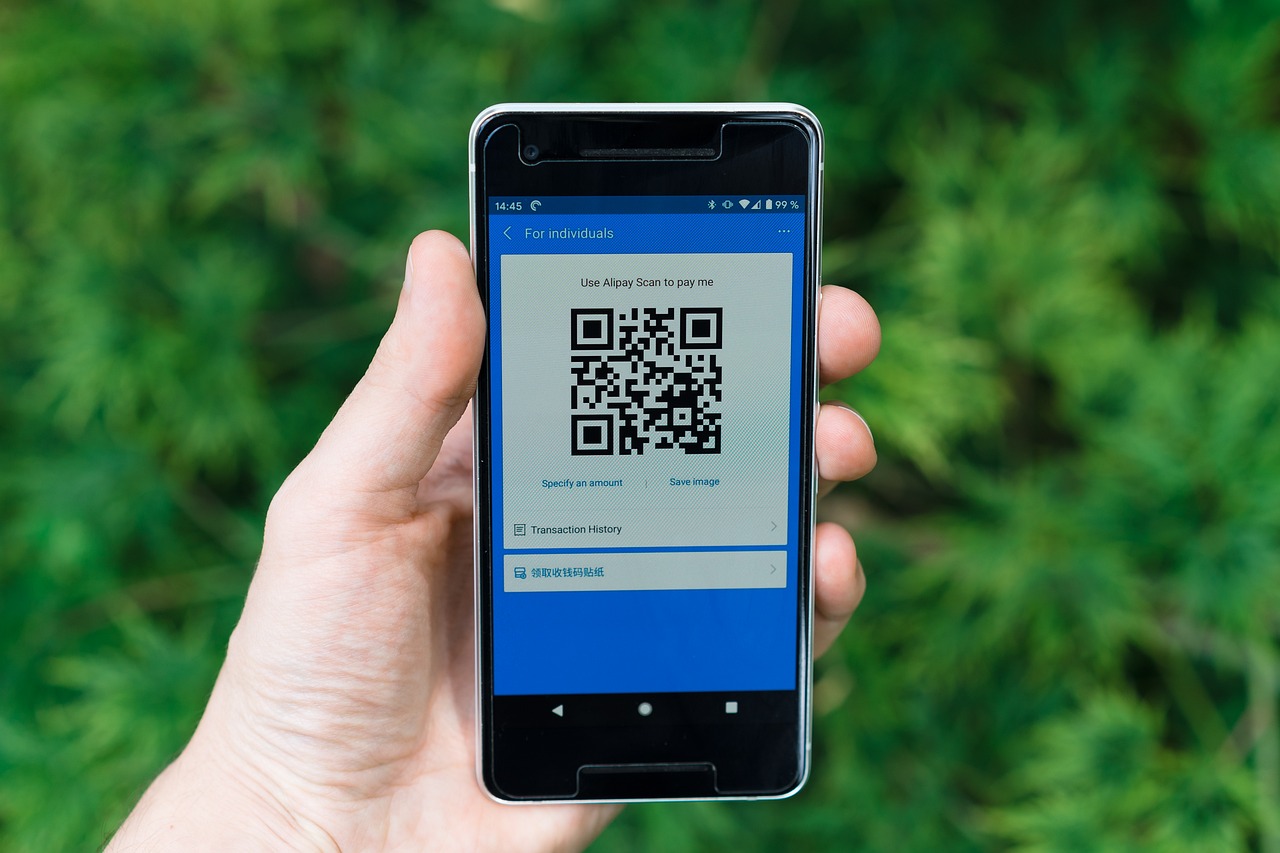The rapid growth and popularity of digital payments in India, especially through the Unified Payments Interface (UPI), has brought unprecedented convenience and efficiency to financial transactions. However, this surge in digital transactions has also raised concerns about payment security. As UPI innovations continue to evolve, ensuring robust payment security has become of paramount importance.
The UPI ecosystem has witnessed remarkable innovations that have reshaped the way people make payments. From peer-to-peer transfers to merchant payments and bill settlements, UPI offers a seamless experience. However, with these innovations, the risk of fraud and unauthorized access has grown as well.
Several factors highlight the rising significance of payment security in UPI innovations:
Table of contents [Show]
Cyber Threats
The digital realm is rife with cyber threats, including phishing attacks, malware, and data breaches. As UPI transactions involve sensitive financial information, there is an urgent need for stringent security measures to protect users from becoming victims to such threats.
Increased Adoption
UPI has gained widespread popularity, leading to a surge in the number of users. With more people relying on UPI for their daily transactions, the potential impact of a security breach has become greater, emphasizing the need for advanced security protocols.
Financial Fraud
Fraudsters continuously devise new methods to exploit vulnerabilities in digital payment systems. Payment security must be a proactive effort to thwart fraudulent activities and safeguard users' hard-earned money.
Trust and Confidence
Maintaining trust and confidence among users is crucial for the continued success of UPI. Security breaches can erode trust and discourage individuals from adopting digital payment methods.








